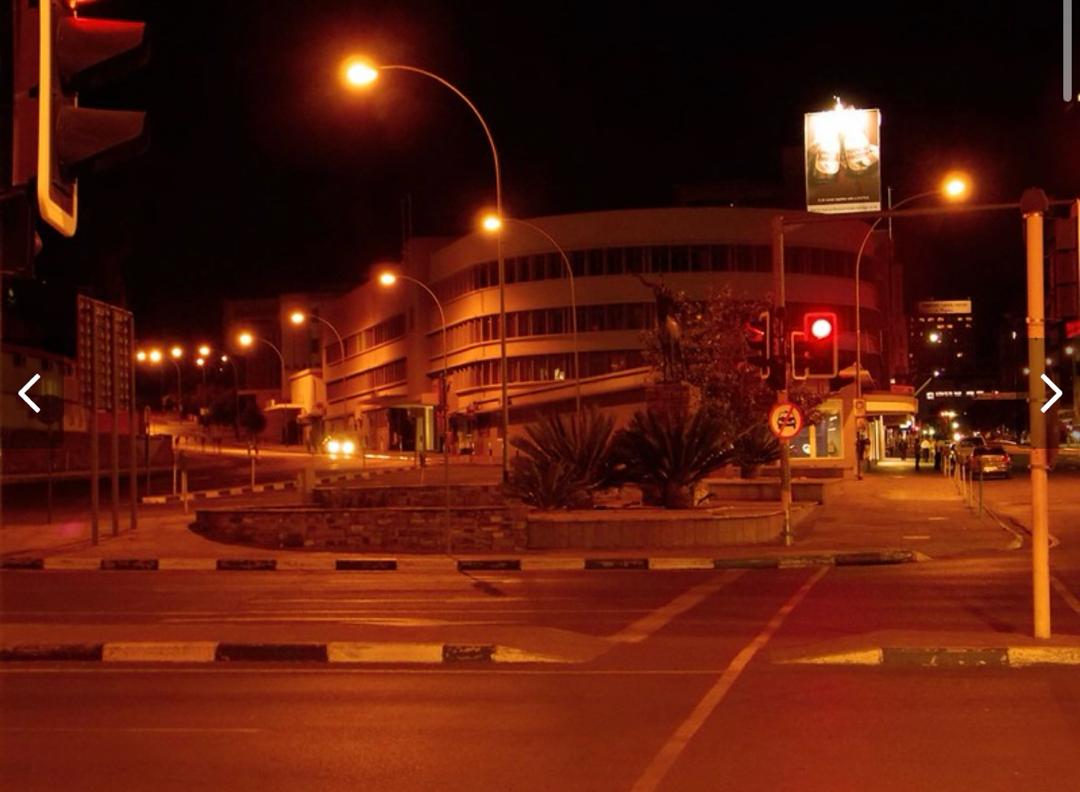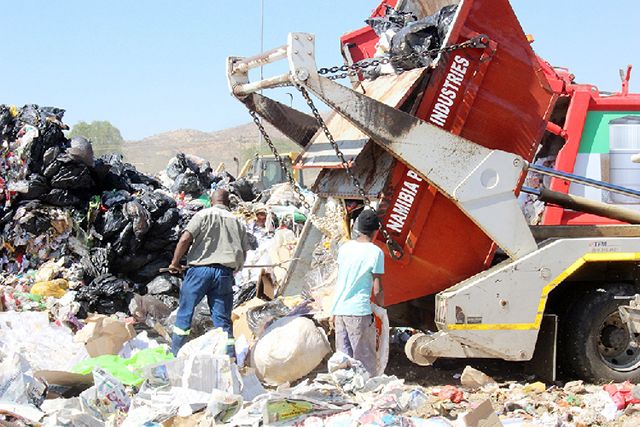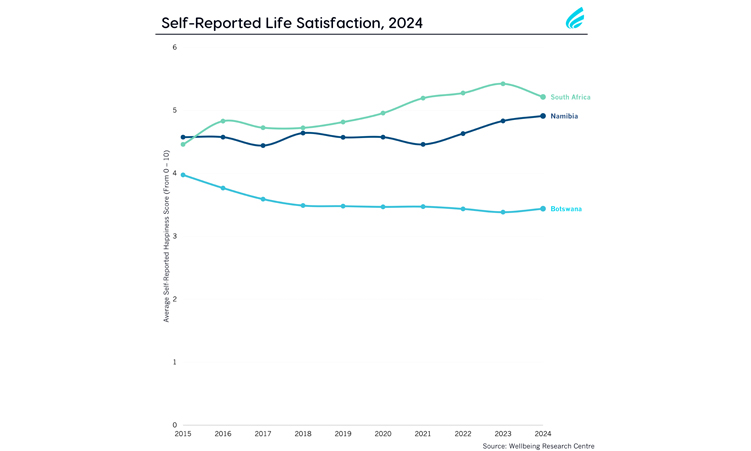NAMIBIAN oil companies were “very unreasonable” when they refused to accept the first consignment of petroleum products from Namcor’s new supplier, Namcor Managing Director Samuel Beukes said on Friday.
As a result, Namcor lost N$1,2 million in transportation fees. The companies refused to offload the fuel products, claiming that the vessel used did not meet international safety standards.Namcor does not have storage facilities and depends on the oil companies, which own all fuel storage tanks at Walvis Bay.QUESTIONS OVER CONNECTIONS On Friday, Beukes dismissed the companies’ objections as invalid in terms of the agreement between the parastatal and the oil companies.Beukes also told The Namibian that the consignment on board of Afroneft’s Farandol vessel was worth N$90 million and not N$200, million as reported by some sections of the Namibia media, All the products on board the Farandol were bought back by the supplier at the same value of N$90 million and Namcor only had to foot the costs of the transport back to the nearest storage facility of the supplier, which is in the Democratic Republic of Congo, at a cost of N$1,2 million.Namcor’s brief is to engage in both upstream and downstream petroleum activities – that is exploration, ownership of storage facilities, importation of petroleum products and the penetration of commercial and retail markets.The Government-owned petroleum company is required to supply the country with 50 per cent its fuel needs; the other half is provided by the oil companies.When a controversial three-year supply contract with Namibia Liquid Fuels expired at end of last year, Namcor enlisted the services of Afroneft after a tendering process, described as “meticulous”, that was vetted by reputable auditing companies Ernst & Young and Deloitte & Touche, which saw Afroneft netting the deal.In an interview with The Namibian, Beukes said he found it strange that the Namibian oil companies had not raised objections when the vessel carrying the fuel products set sail, but only after the ship had anchored at Walvis Bay.Asked whether the intransigence of the oil companies might have anything to do with the new tender and contract, requiring a supplier to source petroleum products internationally and not only from South African refineries, Beukes refused to speculate.He said Namcor had decided to diversify its sources of supply, but had never “factored South Africa out of the supply chain”.The decision to source the products internationally and not only from the southern neighbour was based on South Africa’s vulnerability, as was evident in 2005 when SA refineries were unable to meet local and Namibian demand for fuel, Beukes said.Also South Africa had become a net importer of fuel products and importing from that country would mean paying double handling fees, which was an added cost, he continued.Beukes rejected allegations that the shipment did not meet local specifications for the product and that the vessel did not meet international standards for carrying fuel products.On the question of specifications, Beukes said that the product was tested by an independent inspector agreed to between the oil majors and Namcor and nothing was wrong with the consignment.TO BP, OR NOT TO BP However, the vessel that transported the fuel proved to be the major bone of contention.International safety practice is that all fuel products must be transported in double-hull vessels.The oil companies claimed that Farandol did not make this grade, because it is a single hull.Beukes agreed that the vessel was indeed listed as a single hull on the ship registration database, but said its owner had converted it to a double layer.The owner had failed to register the new specifications on the international data register of ships, he said.After being presented with this evidence, the oil companies agreed to discharge the products into their tanks on February 1.Namcor, according to Beukes, also went the extra mile and gave safety assurances to the companies, indemnifying them if anything went wrong with the product by taking out insurance to that effect.But, the next day, the local office of British Petroleum (BP) was overruled by its international principals and the rest of the satellite operators followed suit.BP manages the oil depots at Walvis Bay on behalf of all fuel companies.BP was one of the three companies that made the short list out of the seven that tendered to supply Namcor, but lost out to Afroneft.Namcor, which stood to lose N$90 million if the product could not get another buyer, succeeded in selling it at the purchase value to Afroneft, and the Farandol left Namibian waters on February 5 to the DRC, where the product was discharged.Beukes said he did not foresee similar problems with the next consignment due between February 28 and March 1, which will be transported on a different vessel.Beukes’s version of events could not be independently verified with the local oil majors.The companies refused to offload the fuel products, claiming that the vessel used did not meet international safety standards.Namcor does not have storage facilities and depends on the oil companies, which own all fuel storage tanks at Walvis Bay.QUESTIONS OVER CONNECTIONS On Friday, Beukes dismissed the companies’ objections as invalid in terms of the agreement between the parastatal and the oil companies.Beukes also told The Namibian that the consignment on board of Afroneft’s Farandol vessel was worth N$90 million and not N$200, million as reported by some sections of the Namibia media, All the products on board the Farandol were bought back by the supplier at the same value of N$90 million and Namcor only had to foot the costs of the transport back to the nearest storage facility of the supplier, which is in the Democratic Republic of Congo, at a cost of N$1,2 million.Namcor’s brief is to engage in both upstream and downstream petroleum activities – that is exploration, ownership of storage facilities, importation of petroleum products and the penetration of commercial and retail markets.The Government-owned petroleum company is required to supply the country with 50 per cent its fuel needs; the other half is provided by the oil companies.When a controversial three-year supply contract with Namibia Liquid Fuels expired at end of last year, Namcor enlisted the services of Afroneft after a tendering process, described as “meticulous”, that was vetted by reputable auditing companies Ernst & Young and Deloitte & Touche, which saw Afroneft netting the deal.In an interview with The Namibian, Beukes said he found it strange that the Namibian oil companies had not raised objections when the vessel carrying the fuel products set sail, but only after the ship had anchored at Walvis Bay.Asked whether the intransigence of the oil companies might have anything to do with the new tender and contract, requiring a supplier to source petroleum products internationally and not only from South African refineries, Beukes refused to speculate.He said Namcor had decided to diversify its sources of supply, but had never “factored South Africa out of the supply chain”.The decision to source the products internationally and not only from the southern neighbour was based on South Africa’s vulnerability, as was evident in 2005 when SA refineries were unable to meet local and Namibian demand for fuel, Beukes said.Also South Africa had become a net importer of fuel products and importing from that country would mean paying double handling fees, which was an added cost, he continued.Beukes rejected allegations that the shipment did not meet local specifications for the product and that the vessel did not meet international standards for carrying fuel products.On the question of specifications, Beukes said that the product was tested by an independent inspector agreed to between the oil majors and Namcor and nothing was wrong with the consignment.TO BP, OR NOT TO BP However, the vessel that transported the fuel proved to be the major bone of contention.International safety practice is that all fuel products must be transported in double-hull vessels.The oil companies claimed that Farandol did not make this grade, because it is a single hull.Beukes agreed that the vessel was indeed listed as a single hull on the ship registration database, but said its owner had converted it to a double layer.The owner had failed to register the new specifications on the international data register of ships, he said.After being presented with this evidence, the oil companies agreed to discharge the products into their tanks on February 1.Namcor, according to Beukes, also went the extra mile and gave safety assurances to the companies, indemnifying them if anything went wrong with the product by taking out insurance to that effect.But, the next day, the local office of British Petroleum (BP) was overruled by its international principals and the rest of the satellite operators followed suit.BP manages the oil depots at Walvis Bay on behalf of all fuel companies.BP was one of the three companies that made the short list out of the seven that tendered to supply Namcor, but lost out to Afroneft.Namcor, which stood to lose N$90 million if the product could not get another buyer, succeeded in selling it at the purchase value to Afroneft, and the Farandol left Namibian waters on February 5 to the DRC, where the product was discharged.Beukes said he did not foresee similar problems with the next consignment due between February 28 and March 1, which will be transported on a different vessel.Beukes’s version of events could not be independently verified with the local oil majors.
Stay informed with The Namibian – your source for credible journalism. Get in-depth reporting and opinions for
only N$85 a month. Invest in journalism, invest in democracy –
Subscribe Now!










